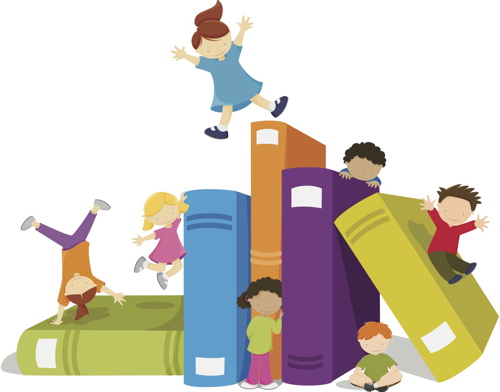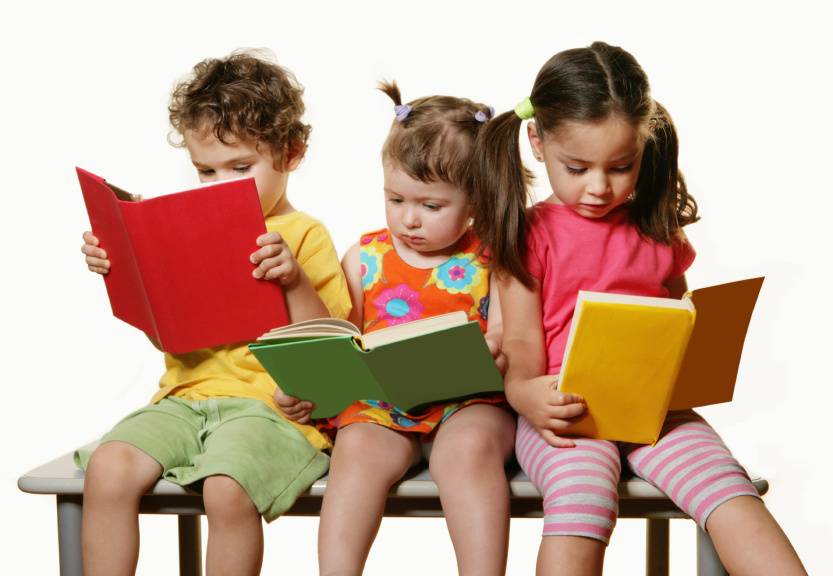
I have had to read Literacy with an Attitude by Patrick Finn a few times now; but I now realized that I need to base my blog around this very quote; " When students begin school in such different systems, the odds are set for them" (25).
I really liked the way he showcased the differences between school districts; between working class schools to elite schools.
- Finn stated that, "In the working-class schools, knowledge was presented as fragmented facts isolated from wider bodies of meaning and from the lives and the experiences of the students" (11). They were not given the chance to REALLY learn something; because they were completing work that was simply too easy for them. Just because a student grows up in a poorer neighborhood does not mean that they are not capable of doing great work.
- In the middle class schools, Finn stated that, "Teachers (there) seemed to believe that their job was to teach the knowledge found in textbooks or dictated by curriculum experts. They valued this more than knowledge taught by experience" (12). The students were simply receiving isolated information; made up of things they had to memorize or copy down. They never actually APPLIED what they learned and made it make sense to the outside world. They are more than capable of doing so, so it is sad that they were simply looking for answers, not actual solutions that could get them farther in life.
- In the affluent professional school, "work was creative activity and carried out independently" (16). This is a step up from the two types of schools we have read about so far; because students are challenged to work on their own and apply it to more than just a textbook.
- Finally, in the executive elite schools, "knowledge was academic, intellectual, and rigorous" (18). The article even stated that the students carried out and created their own lesson plans. Why should schools be set up this way? Just because a student has more money does not mean they deserve a higher education than the students who may live in poverty. It is completely unjust! And Finn wanted to make this point very clear.
 The separation of these school's ideologies reminded me a lot of Johnson; who states that we must talk explicitly about the issues of privilege, power, and difference. Finn has no problem publishing a book that toggles the differences in teaching based upon schools in different neighborhoods, from poor to rich. Finn simply wants to effectively help students learn using their intellect to solve problems, gain experiences, and work hand in hand with the knowledge of their teachers.
The separation of these school's ideologies reminded me a lot of Johnson; who states that we must talk explicitly about the issues of privilege, power, and difference. Finn has no problem publishing a book that toggles the differences in teaching based upon schools in different neighborhoods, from poor to rich. Finn simply wants to effectively help students learn using their intellect to solve problems, gain experiences, and work hand in hand with the knowledge of their teachers.Finn was highly inspired by Freire, an educator who believed that learning was centered around someone's cultural and personal experiences. Freire reminds me a lot Christiansen, who states that students need to interpret what they see in order to recognize the stereotypes being made about the world, or in this case, themselves. Finn even states
that, "It was about empowering the powerless as a class so they can stand up for themselves" (172).
Finn gave us tons of examples of different styles of teaching that empowered and helped students tremendously succeed. He ends this chapter by stating the rules and codes that he believes are extremely important to teaching, from Rethinking our Classrooms. The rules stated that curriculum and method should be based around the students, they should be used to answer important questions, they should actively use what they learn beyond the classroom, and the entire system should be rigorous, visual, helpful, and powerful.
The fact that Finn took so much of his book to talk about the rules he believed were right towards curriculum and methods in schools reminded me a lot of Delpit. Delpit believes in explicitly teaching the rules and codes of power to students; and that teachers should be very direct in doing so. Finn is working to teach teachers the correct way to teach, whether everyone believes in these ways or not.
If we push past the boundaries of class between students, create lessons around the students we teach, answer questions critical to the world around us, and give students hands-on experiences, we can become great teachers. We also can allow our students to become great learners; which is so important. Finn believes that if these ideas are practiced, students can learn anything, even if it is controversial, and critically analyze it. This is what truly gives literacy an attitude!
So many areas around the country have based their teaching and schools around the ideas of Freire. This one organization here believes in activism and the teachings of Freire. They are just one of many, and it was almost crazy to look up. So many people just like Finn were inspired by him.

hey! I really liked how you setup your blog this week, it really helped me to understand the article more. I liked how you centered it around that one quote, it was a great choice. And you made some really great connections. Good job!
ReplyDeleteYour blog is so adorable and I love the pictures you used. The bullet points you set up perfectly break down the reading into a simpler way to understand it, which really helped me going through it. Fabulous job!
ReplyDeleteHey Alex, You did a great thing bringing it all around to what we need to do as future teachers. That really is the bottom line. The first thing we are going to have to do in the classroom is come up with a community of rules that we all abide by. This should be done by the whole class similar to Finn's example of negotiating. Everyone has to own what acceptable behavior is, and then teaching can begin. Nice job. Tell us about your praxis!
ReplyDelete